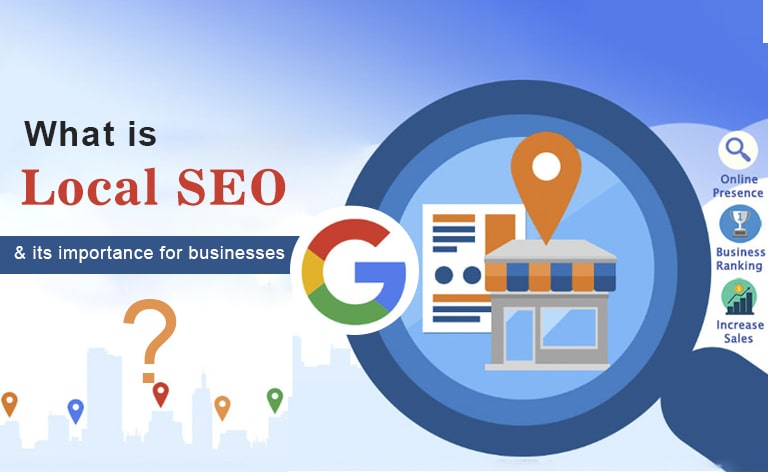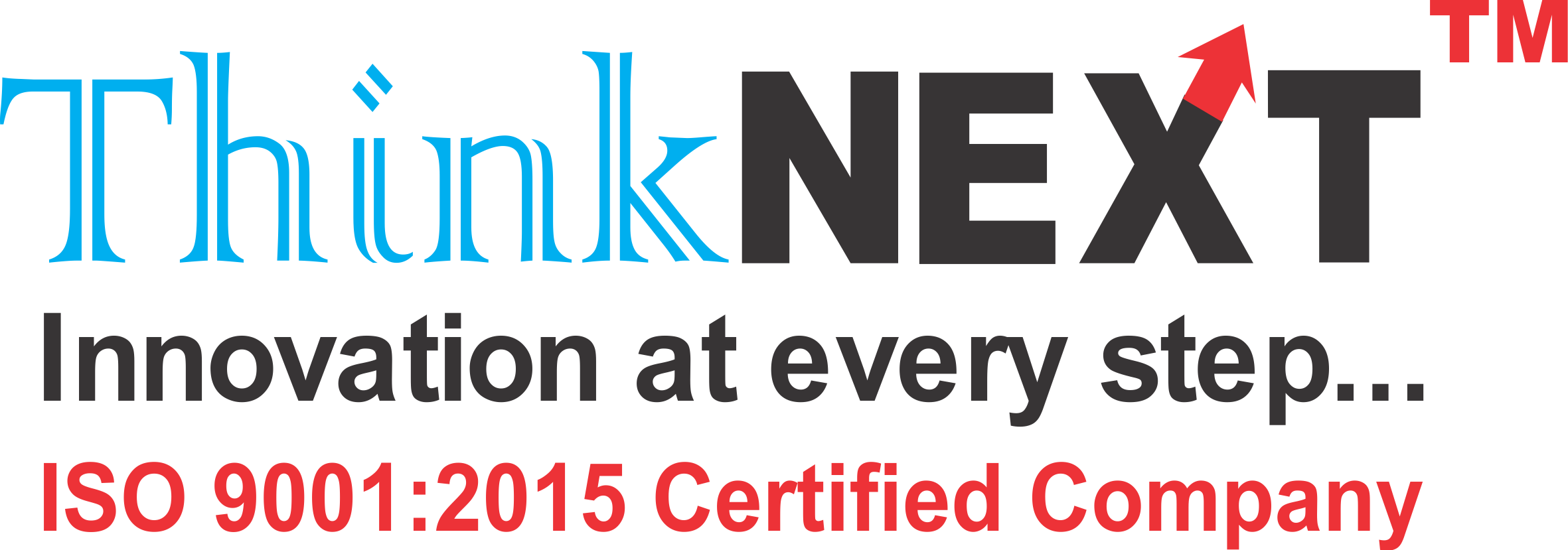
IT Companies in Mohali One of the fastest-growing IT hubs in North India is Mohali,
PPC Marketing Strategies

Pay-per-click, also known as cost-per-click (CPC), is an online advertising model used to drive traffic to websites, where an advertiser pays a publisher when they click the ad. Pay-per-click is usually associated with first-level search engines.
Google Ads (formerly Google AdWords) is the world’s most popular individual advertising system. The ad platform enables businesses to create ads that appear on Google and other Google sites.
Google ads operate on a pay-per-click model, where users bid on keywords and pay for each click on their ads. Each time a search is started, Google searches the group of advertisers and selects a group of winners to appear in the valuable ad space on its search results page. Winners are selected based on a variety of factors, including the quality and importance of keywords, their ad campaigns, and the size of their keyword bids.
Goals are the inevitable part of creating PPC plans. It is the same as if you jumped on a treadmill – you will have a specific goal in your mind – it may be to lose weight, or increase stamina, or reduce the chance of a heart attack. The same philosophy applies to pay-per-click plans – you need goals to design a PPC marketing plan workflow.
We all know that we need more companies and PPC will help with that, but most of the time, we don’t know the basic metrics we should focus on to ensure a return-per-click – so the question is what are PPC goals. Answering these questions will help you find your PPC goals.
What are you trying to achieve with your Google AdWords spend?
What are the important metrics to ensure your business returns?
What would you expect from your CPC campaign?
For a successful CPC marketing plan, consider not only your overall business goals, but also specific goals related to your CPC campaigns and spending plan. Some common examples of general click targets are:
PPC Goal- Increase Traffic to My Website
The appropriate PPC marketing plan for this goal should now focus on CTR.
PPC Goal- Increase Sales or Lead
To achieve this CPC goal, your CPC plan must focus on conversions.
PPC Goal: Raise Brand Awareness
This PPC aim asks for PPC Plans that utilize the Display Network & Remarketing
There are different key elements of PPC Account structure. They are given as follow:
Your CPC marketing plan starts by choosing keyword attributes and then creating individual CPC campaigns accordingly. For example, if you want to use PPC in Business Coffee House, the campaign theme could be “Coffee tables”, and in themed categories, you can use the following ad groups – coffee table, wooden coffee tables, round coffee tables, coffee tables Long, etc.
Each ad group can include different keyword variations, such as, for wooden coffee tables, the ad group may include wooden coffee tables, wooden coffee tables, wood coffee tables for sale, etc.
Keywords in PPC ads also request a match type that identifies the different queries on which your PPC ads will run. The PPC account structure includes seven keyword match types: Exact, Exact (Close Variant), Phrase, Phrase (Close Variant), Broad, Modified Broad, Broad (Session-Based).
Follow the various sort of match types with examples:
| Match Type | Keyword | Potential Search Query |
|---|---|---|
| Exact | [Cofee Table] | Cofee Table |
| Exact(close varient) | [Cofee Table] | Cofee Table |
| Phrase | “Cofee Table” | Cofee Table for sale |
| Phrase(close variant) | cofee table | cofee table on sale |
| Broad | coffee table | coffee stand |
| Modified broad | +coffee +table | table for coffee |
| broad(session-based) | coffee tables | leather ottomans |
To eliminate ineligible traffic, negative keywords are used in PPC. For example, if you add “free” as a negative keyword, search results for queries “free coffee tables” won’t include your ad. If you sell high-end products, terms like “cheap” or “bargaining” may be a useful negative keyword.
The audience is actually fragmented user groups in different ways and is created by specific page views, pages per visit and time spent on the site. Audiences are mostly used for remarketing.
Ad extensions are used as additional details that allow your audience to see supplemental information about your business that will ultimately improve your ads with a click. Ad extensions help you improve the click through rate (CTR) of your ad title. Some prominent CPC ad extensions:
Follow the major factor related to measuring results of your PPC:
Conversion Tracking: Various sort of AdWords conversion tracking are as follow:
Follow the list of tools that will help you to run powerful PPC campaign:
Change History: Change history is the Google AdWords and Bing Ads PPC tool that indexes previous updates, including bid changes, Sitelink extensions, etc.
The change log data includes the e-mail record or the alias responsible for the modification with the time and date of the change.
Keyword Planner: Keyword Planner is very useful in detecting and planning PPC campaigns, keywords, and ad groups.
Keyword Planner also helps approximates performance data, and you can use it to estimate your bids and start-up budgets for your PPC accounts.
Enquiry Form

IT Companies in Mohali One of the fastest-growing IT hubs in North India is Mohali,

Digital Marketing Agency near me
Digital Marketing Agency near me Looking for the best digital marketing agency near me to

List of Top 5 Digital Marketing Companies in Zirakpur
List of Top 5 Digital Marketing Companies in Zirakpur Looking to boost your online presence

Top 10 Digital Marketing Companies in Chandigarh
Top 10 Digital Marketing Companies in Chandigarh Welcome to Chandigarh’s marketing scene. This city is

5 Benefits of Having a Digital Marketing Strategy for 2024
5 Benefits of Having a Digital Marketing Strategy for 2024 In this digital age, having

What is Local SEO and its importance for businesses
What is Local SEO and its importance for businesses Local SEO has become an integral
